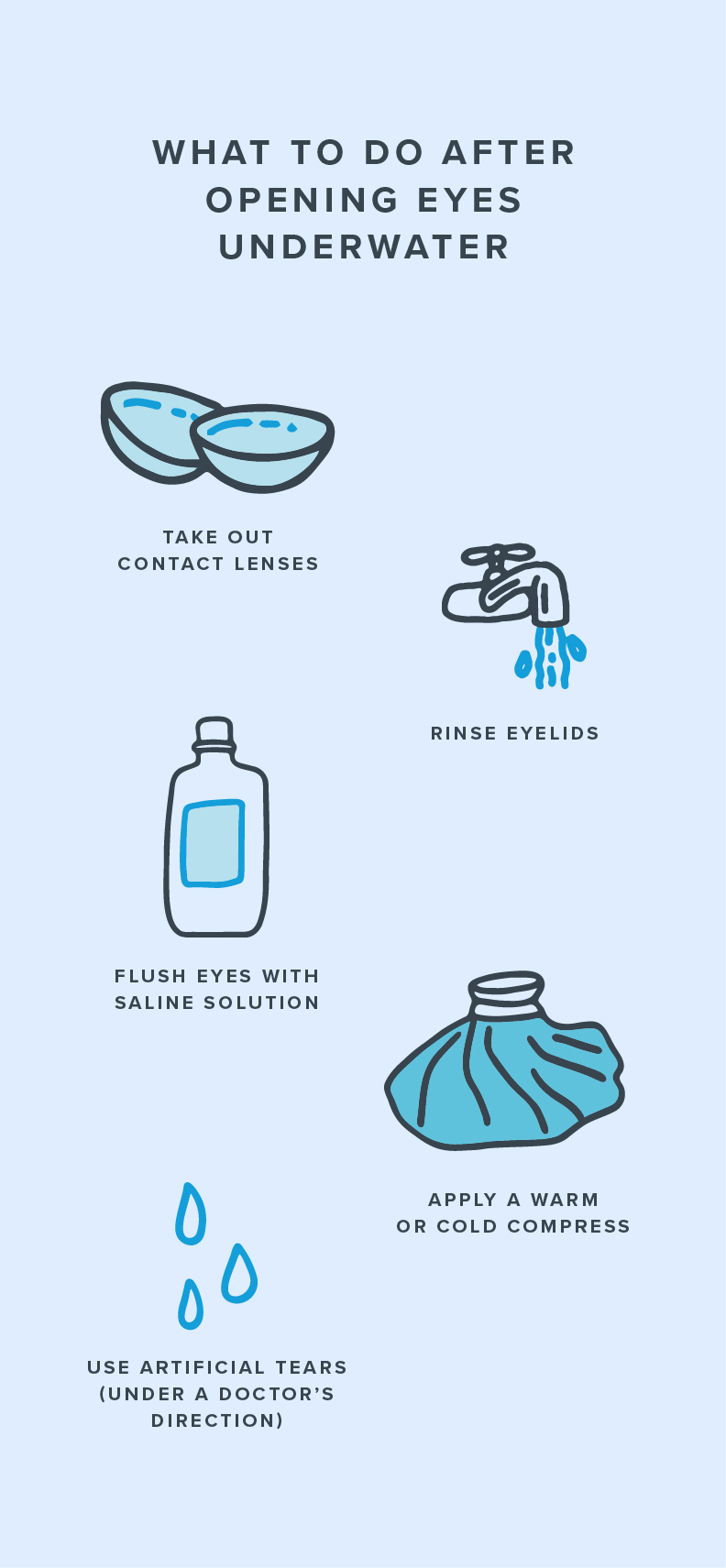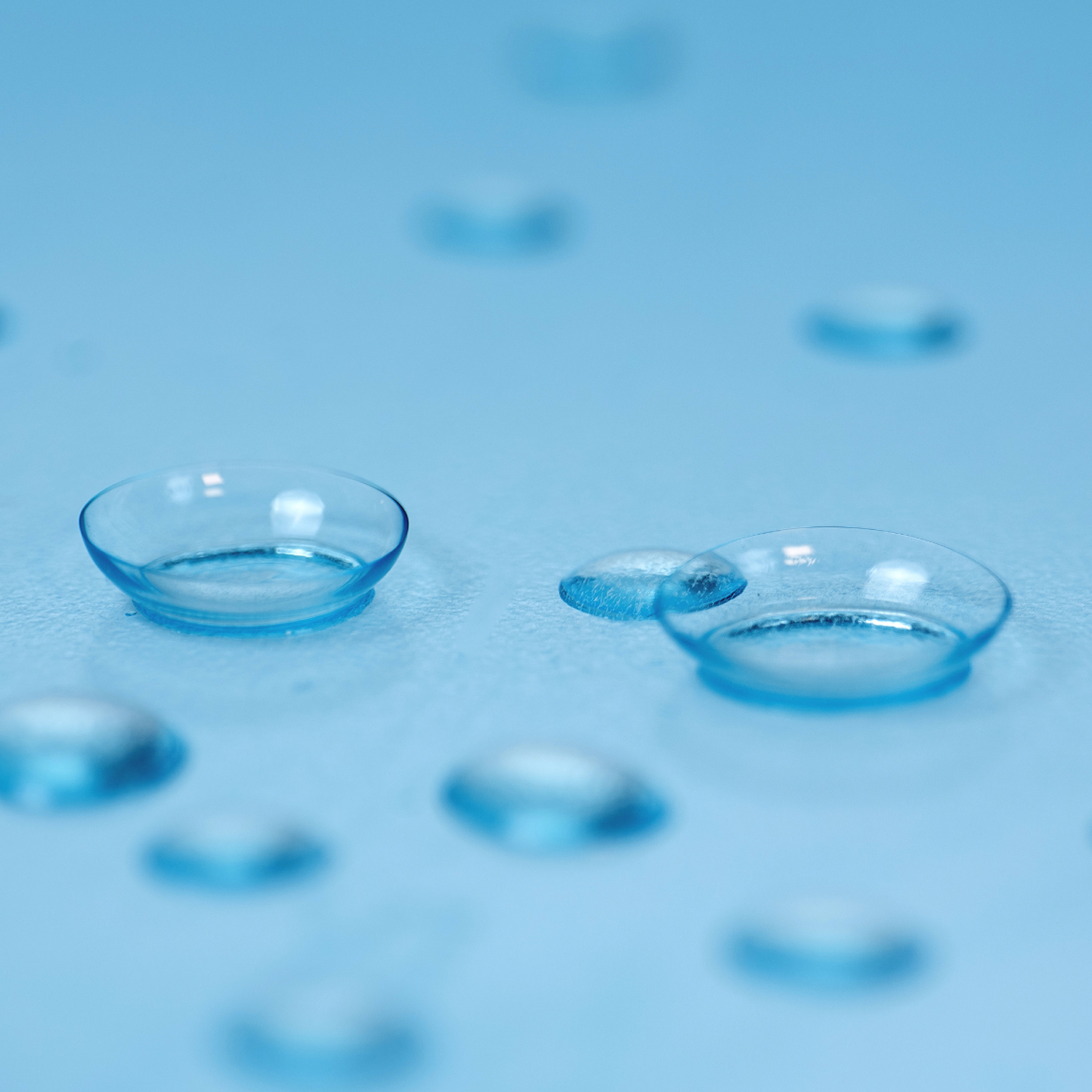Physically, you can open your eyes underwater. But it’s not a good idea unless you wear protective eyewear like goggles or a mask. Whether you’re in a swimming pool, a hot tub, or a natural body of water like an ocean or lake, opening your eyes underwater can irritate your eyes or cause an eye infection. This could, in some cases, even lead to vision loss.
In this article, we’ll discuss how opening your eyes underwater can affect your eyes. Then, we’ll talk about how to see safely and clearly underwater. Let’s dive right in!
Is It Bad To Open Your Eyes Underwater?
Opening your eyes underwater is not safe.
Anytime you open your eyes underwater, you expose them to contaminants. This is true whether you’re swimming in a chlorinated pool, jumping into a lake, or bodysurfing in the ocean. These contaminants can include all sorts of bacteria, microorganisms, chemicals, toxins, and debris.
Some of the risks of exposing your eyes to these contaminants are:
- Irritation and allergic reactions: Opening eyes underwater can cause them to become irritated. If you’re especially sensitive to certain contaminants, such as chemicals, you could get allergic conjunctivitis. That’s a non-infectious inflammation of the conjunctiva, the clear membrane covering the whites of the eyes and lining the eyelids.
- Eye infections: Numerous germs and microorganisms found in water could cause eye infections. One microorganism found in all sorts of water is the acanthamoeba. This amoeba can lead to acanthamoeba keratitis, a dangerous eye infection that could result in vision loss if untreated.
- Eye injuries: Debris in the water can rub against the eye and cause injury, such as a corneal abrasion, which in turn can lead to an infection.
Opening Eyes Underwater: How Your Eyes React
More than a few people have dreamed of opening their eyes underwater mermaid-style. But in the real world, opening your eyes underwater isn’t such a magical experience.
First of all, if you open your eyes underwater, everything will look blurry. Light bends (refracts) differently between the water and the eye. This interferes with your eyes’ ability to focus.
But besides the blurriness, eyes generally don’t react well to being opened underwater. It depends on the person and the water you’re in, but you might experience one or more of these common effects while your eyes are open underwater or just after.
- Stinging sensation
- Dry eyes
- Redness
- Light sensitivity (photophobia)
- Pain
- Itchy eyes
- Blurry vision after you get out







